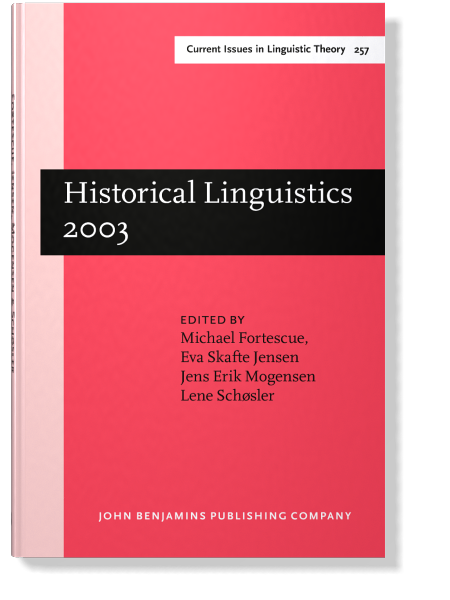1. How did signification 1 beneath semantically shift to 2?
2. I'm befuddled by the relevant of licit, because what does "permitted" here signify? Why would a Roman require permission to know something?
scilicet on Etymonline.
2. I'm befuddled by the relevant of licit, because what does "permitted" here signify? Why would a Roman require permission to know something?
scilicet on Etymonline.
late 14c., Latin, "you may know, you may be sure, it is certain," used in sense [2.] "that is to say, namely," contraction of [1.] scire licit "it is permitted to know,"
from scire "to know" (see science); for second element see licit.
Used as was Old English hit is to witanne, literally "it is to wit" (see wit (v.)). Often abbreviated sc. or scil.

